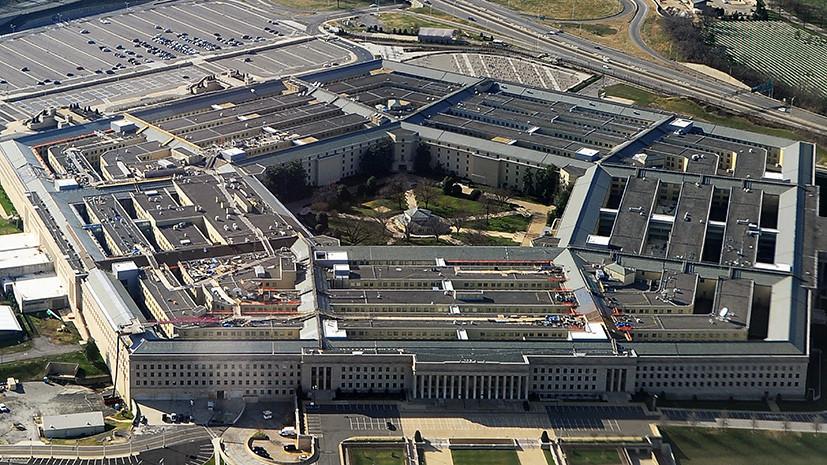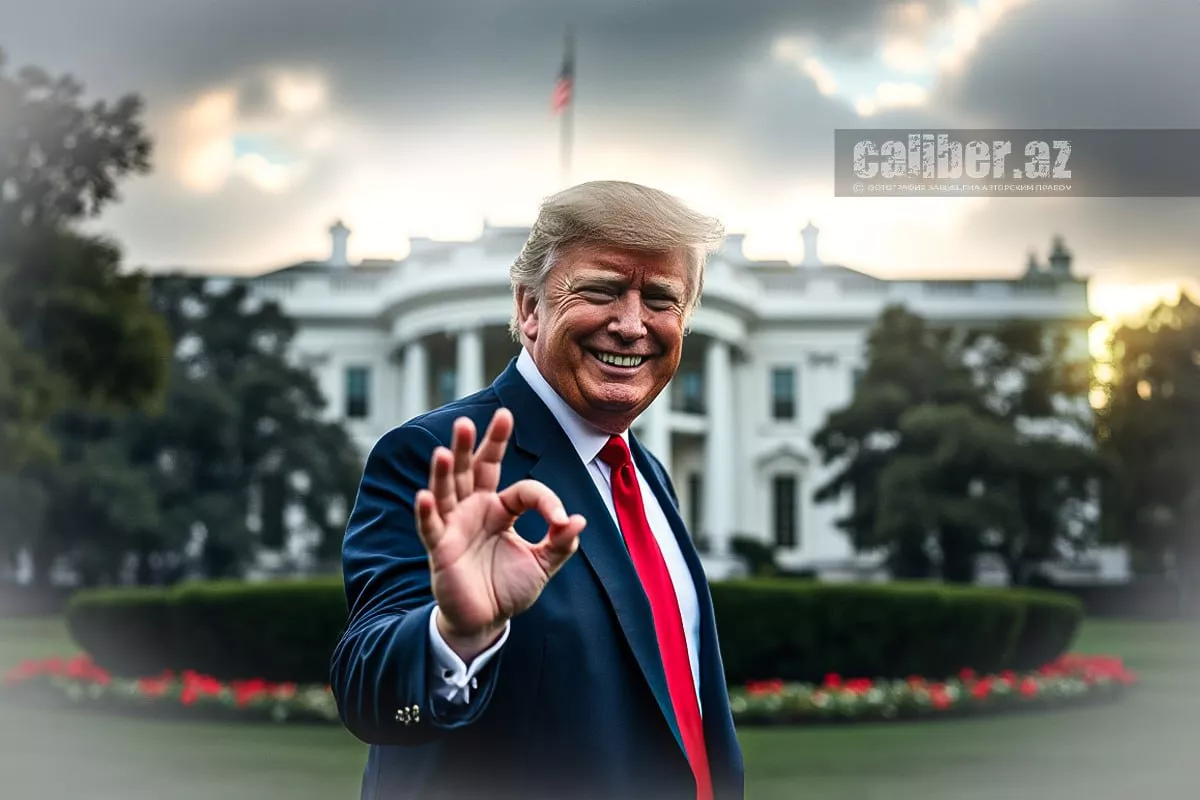The name of war Trump rebrands Pentagon
A few days ago, workers at the Pentagon were scraping with chisels and tapping with hammers. They were removing old plaques and letters and installing new ones — with the ministry’s new name. The ordinariness of the actions only emphasised the depth of their meaning — the word “Defense” had been replaced by “War” by presidential decree.
Fans of dramatic gestures might say, “This is how war quietly arrived,” and, of course, they would look ridiculous — war has never really gone anywhere. In this sense, Trump’s decree is an act of immense honesty. It essentially tears off the masks not only from American politics but from global politics as a whole. It officially legalises war as a means of achieving state interests. Unofficially, nothing has changed since the world was created.
For reference: the United States War Department was established in 1789 to oversee the Army, Navy, and Marine Corps. This name was used for more than 150 years — from the early years following independence from Britain until 1947, when it was changed to the “Department of Defense” to emphasise the primary goal: preventing conflicts. Indeed, in a world divided between two superpowers into spheres of influence, wars could not happen. There was even, if you like, a certain arrogance on the part of the hegemons — war seemed too strong a word for the little messes they sometimes found themselves in, even when it was very painful.

After winning the Cold War against its only opponent, there was virtually no one left to “fight,” even in theory, and America continued quietly and peacefully “defending” itself against various undesirable “anti-democratic” groups and countries.
But now, Secretary of War Peter Hegseth is forced to be brutally frank: “We're going to go on offence, not just on defence. Maximum lethality, not tepid legality. Violent effect, not politically correct. We're going to raise up warriors, not just defenders.”
Let’s put aside the sarcastic questions along the lines of: “You weren’t attacking before?” The issue is not only what actually happened, but how war was presented to the public. Operations in Iraq and Afghanistan were portrayed as protecting U.S. security. Future military actions, however, will be justified in terms of U.S. interests, which, naturally, are not limited to defence. The name “Department of Defense” implied that you are never the instigator of war. The message was: we are merely defending ourselves. There are “empires” and “axes of evil” that want our destruction, and we simply defend against them; we even defend against them when attacking, because, as is well known, the best defence is a good offence.
Now, U.S. actions reflect global changes, with their hegemony being challenged by a new superpower unwilling to play by the old rules. The world faces a major shake-up, and international law, the UN, and other institutions of the old order will undergo profound transformations. Perhaps, to be fully honest, the Americans should rename the defence ministry the Department of Great War.

Yes, of course, the primary target here is China. It is no coincidence that Trump signed his decree just a few days after the SCO summit and, most importantly, the military parade in Beijing. The Chinese leadership’s minimisation of the U.S. role in defeating Japan—and, consequently, the devaluation of their status as victors and architects of the new world—was undoubtedly a powerful challenge to America. The Chinese seemed to say: “All that you were and are is nothing more than a dream you had, and our absence from the world stage is merely a fleeting shadow. What are a few decades compared to the eternity in which the Celestial Empire conceives itself?”
Trump’s restoration of the Pentagon’s historical name became a symbolic acceptance of this challenge. According to the US president, the new name is meant to serve as a symbol of victories: “I think it sends a message of victory. I think it sends a message, really, a message of strength. We're very strong. We're much stronger than anyone would really understand [...] And, you know, we had it and we won World War One. We won World War II. We won everything before. And as I said, we won everything in between [...] But they went a route that I think was probably politically correct, but not correct for our nation. So I think the Department of War sends a signal!”
This situation is interesting in another respect. Until now, Trump was typically described as having the psychological profile of a businessman, someone organically averse to any wars. Now, Trump is proving that he can very much be a warrior. True, particularly astute commentators might point out that all of this is still happening within a commercial framework—that, for Trump, war is nothing more than an extension of trade, and that the change of words is merely part of a strategy to coerce counterparts into deals—and they would probably be right.
But there is a nuance. Whatever war personally means to Trump, the very fact of renaming the military ministry will act as a trigger for profound shifts in the consciousness of the American public, and of Western society more broadly. For most people in Western countries, war has always existed somewhere on the periphery of attention—an annoying, temporary absurdity. Now, it has returned squarely into their field of vision. One could cautiously suggest that even the war in Ukraine has not stirred the minds of Americans and Europeans as much as the changing of signs in Washington will.
And that is perhaps the most important thing one can say about what happened at the Pentagon a few days ago.








